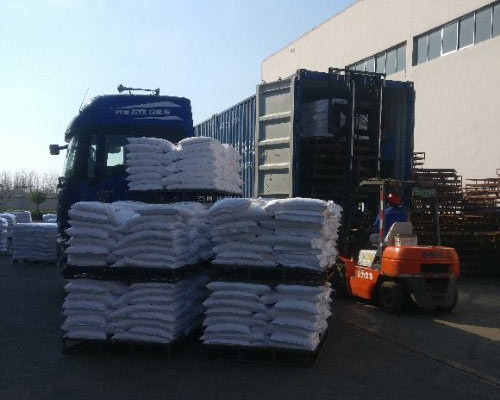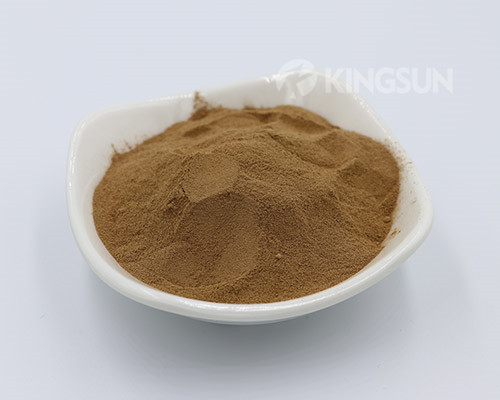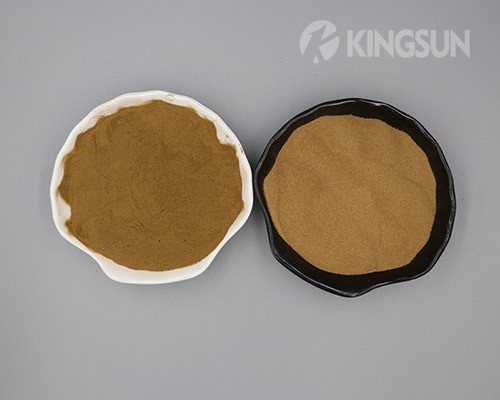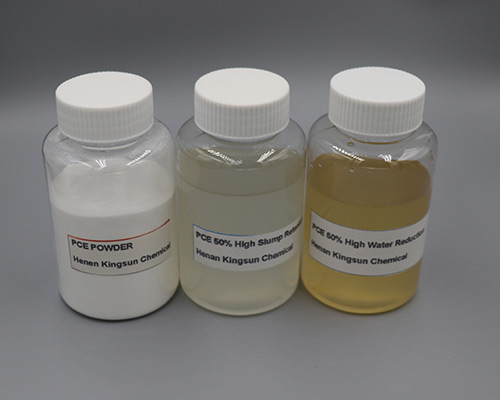Concrete additives, also known as concrete admixtures, are a class of chemical substances used to improve the performance of concrete. They have a significant impact on the performance of concrete through different mechanisms of action, such as increasing strength, improving workability, increasing durability, and adjusting setting time. Generally speaking, concrete contains one or more chemical additives that can help us reduce costs while increasing productivity, but the cost will depend on the amount and type of concrete additives used.

Main Classification of Concrete Additives
Concrete additives refer to substances added during the preparation, mixing, pouring, and hardening of concrete to improve the performance of concrete. According to their functional characteristics, concrete additives can be divided into many types
- Early strength agent. Accelerate the early hardening speed of concrete and improve the early strength.
- Retarder admixture. This admixture can delay the setting and hardening time of concrete, which is convenient for construction operation.
- Air entraining agent. Introduce a large number of fine bubbles during the mixing process to improve the workability and durability of concrete.
- Expansion agent. expanding the volume of concrete to a certain extent and reduce shrinkage cracks.
- Antifreeze agent. Antifreeze. Making concrete harden normally under negative temperature conditions and prevent freezing damage.
- Water reducing agent. Reducing the amount of water used in concrete mixing and improve the strength and durability of concrete.
- Rust inhibitor. Inhibit the corrosion of steel bars in concrete and improve the durability of the structure.
- Waterproofing agent. It can improve the impermeability of concrete and prevent water penetration.
- Pumping agent. Improving the pumping performance of concrete mixtures to facilitate the construction of complex structures such as high-rise buildings.
- Usage effect and application scenarios
- Mechanism of action
The effect of concrete additives varies depending on the type of additives and the performance requirements of concrete. Generally speaking, the addition of additives can significantly improve the strength, workability, durability and other performance indicators of concrete. In actual projects, the appropriate type and dosage of additives should be selected according to specific needs and conditions. For example, antifreeze should be used in winter construction; pumping agents should be used in high-rise buildings and large-volume concrete construction; early strength agents should be used in situations where rapid hardening is required.
The mechanism of action of concrete additives varies, but in general, they all improve the performance of concrete by changing the physical and chemical properties of the components in concrete. For example, water reducers adsorb on the surface of cement particles to form a lubricating film, reducing the friction and cohesion between particles, thereby reducing the amount of water used in concrete mixing; air entraining agents produce a large number of tiny bubbles during the mixing process, which can block the capillary channels in concrete and improve the concrete’s impermeability and frost resistance.
Why Choose Kingsun
- Many years’experience: Kingsun company can make the business become professional & simple & easy.
- Good Quality: ISO/BV/SGS can ensure the qualified products and traceability.
- One-to-one Service: Can customize the order for your specific market and help you save cost.
- Timely Reply: All the feedback from customers will be treated seriously and promptly.







